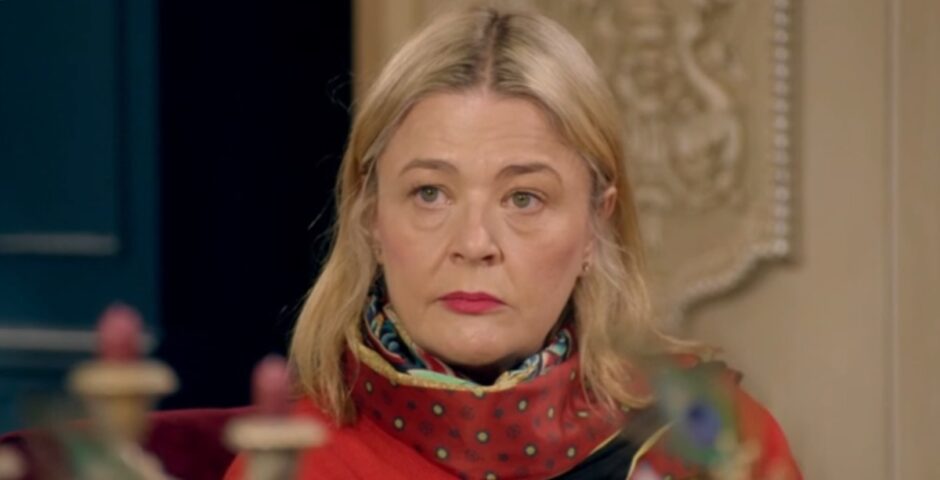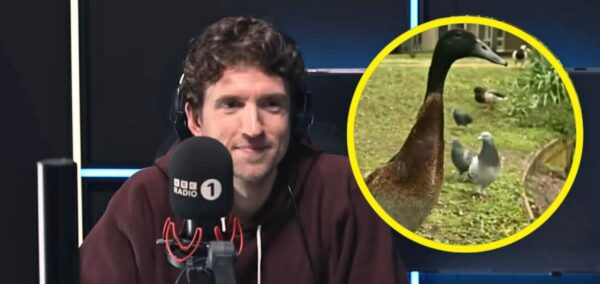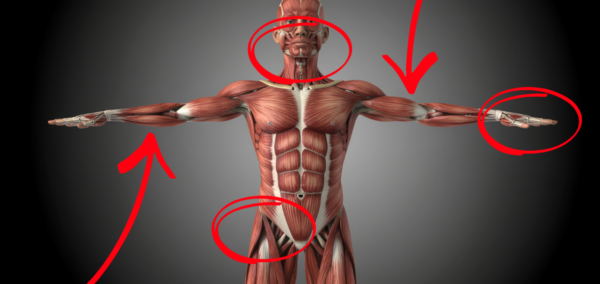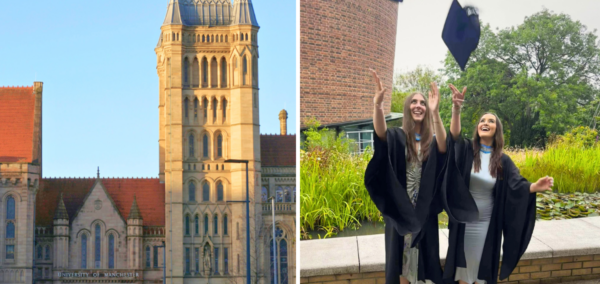
UEA student stands in upcoming Norwich City Council elections as Liberal Democrat
‘I’m standing here to try to inject some competition back into the system and make people’s voices matter to those in city hall again’
A University of East Anglia student is standing in the upcoming Norwich City Council elections.
Second year politics and economics student James Hawketts is standing as the Liberal Democrat candidate for the University Ward.
Speaking to The Tab Norwich, 20-year-old James discussed his reasoning for standing and stressed he did not join a party in order to get elected: “If I did, joining the Lib Dems would be an enormous lapse in judgement when the Conservatives and Labour have safe seats in their droves for young careerists to be hoovered up into.”
Originally from Stevenage, James joined the party in 2019. He said: “It was the height of the Brexit paralysis. I was massively pro Remain, and the party had just won enormous gains in the local elections, beaten both Tories and Labour in European elections, and were even topping the opinion polls at one point.
“I wasn’t old enough to vote so wanted to do something small to feel like I was contributing to the effort, so joined up”.

Since being adopted as a prospective candidate last year, James has aimed to attend every full council meeting for both city and county. “I have learned a great deal about how everything works, and frankly, it has taught me that we could do with a lot more outsiders in local politics.”
James acknowledges that student engagement with local politics tends to be low: “I totally get why. We have bigger concerns than getting the bins done, and many of us still feel in that transitionary phase between exciting youthfulness and the sort of adult responsibilities that may include voting. But politicians follow the vote,” he states.
Most Read
“The longer we as a demographic continue to withhold our involvement in the process, the less that process is going to care what we think.”
He is keen to represent student issues, with public transport in Norwich being a major one. “Last year, young people could make any bus journey past 8pm for £1; it was quick, it was cheap, and it was safe. That scheme has now gone, and I’d like to see it brought back.
“Our buses in the city also terminate far too early, with most services having ceased by 11pm, a fundamentally unserious policy for a major student-friendly city.”
On the situation in Norwich, James told The Tab: “It’s been a lot of the same faces for a very long time. Councillors staying in office for long periods, and even if they lose, being reassigned to a safer seat the following year to get straight back onto the city council.
“I suppose you could argue as long as they keep getting elected, they’ve a mandate, but do they really have a mandate when nobody actually knows who their councillor is? Turnout is so low, and a lot of elections are formally uncontested or have so little campaigning they might as well be.”
Increasing competition is a priority for James: “Residents of the University Ward in Norwich have had Labour representatives for so long now that they’re being taken for granted,” he explains.
“Why bother expending effort if you’re going to win anyway? I’m standing here to try to inject some competition back into the system and make people’s voices matter to those in city hall again.”
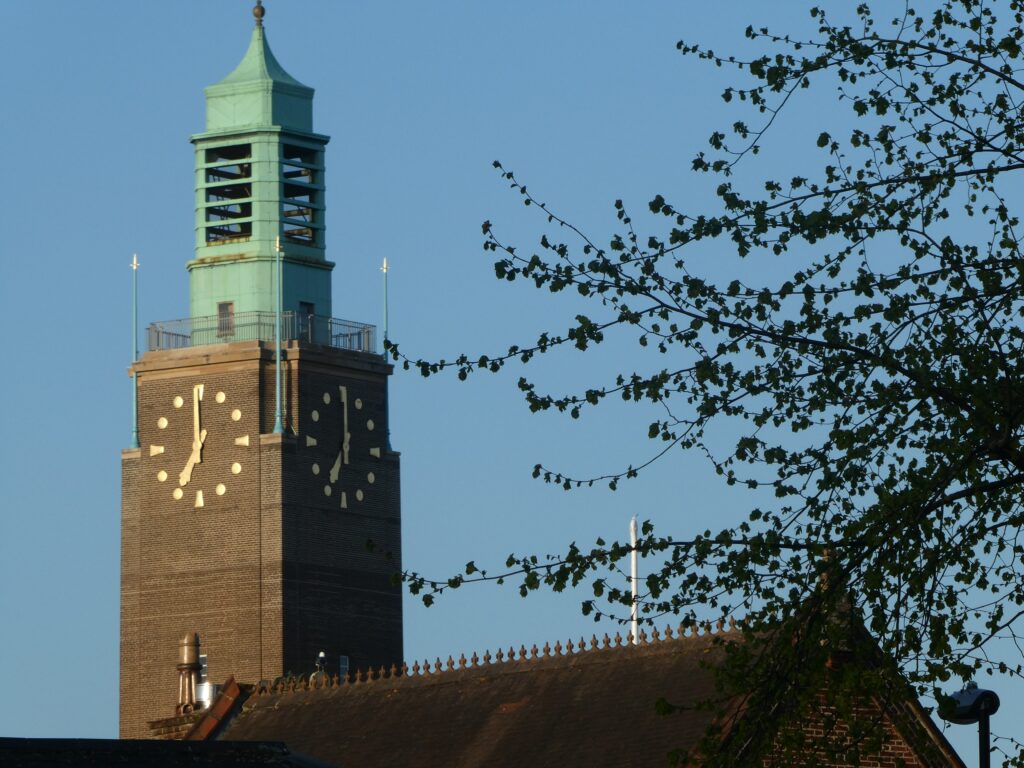
In 2021, the average turnout for local elections was 36 per cent – here, James reflects on why this is: “On a basic level, local governments are just less important than the national government.
“They handle less money, they make fewer life-altering decisions, and have a smaller scope for policymaking. It therefore tracks that the general public would be less interested in it.”
However, James believes that, when councillors fully engage and consult with their community, interest in the local democratic process and, by extension, turnouts, can increase.
“In Norwich alone there is so much variation in turnout. Somewhere like Eaton ward regularly hits over 50 per cent turnout. But elsewhere in the city turnout can be sub-25 per cent, and for those people the system clearly isn’t working. There are always going to be structural or demographic reasons for this variation,” he admits.
“But in my experience, there is a general trend between ‘better’ councillors, those that pound the pavements and communicate with their people regularly, and the highest turnout wards.
“It shows, at least in my view, that if you give people a chance to engage – by reinvigorating that true contest, creating competitive elections as I’ve alluded to – they tend to be more than happy to grasp it.”
Housing and infrastructure development are also personal priorities of his: “The idea that many in our generation could afford to pay housing deposits of £60,000 (which is the current average in the East) is laughable and has increasingly forced us into the clutches of landlords and developers treating us like packrats in squalid houses of multiple occupancy”.
More generally, though, he says that his party has made the accessibility of green spaces and parks a priority, and that, within Norwich, they are concerned at increasingly poor communication between the council and its residents. “Put simply,” he says, “People’s views aren’t being heard, and why should that change if they keep getting re-elected?”
Want to write stories like this? Join the team, no experience required. DM us via @thetab_norwich on Instagram or The Tab Norwich on Facebook.
Related articles recommended by this author:
• UEA appoints new vice-chancellor David Maguire amidst £30 million debt crisis
• Vice-chancellor David Richardson resigns as UEA sits in £30 million of debt
• East Anglia Uni is offering counselling to students for their ‘grief’ over climate change



